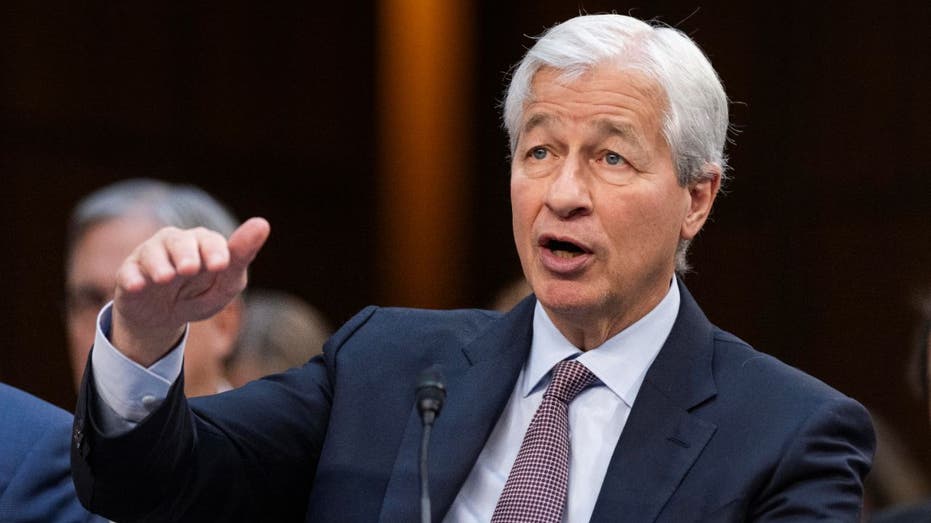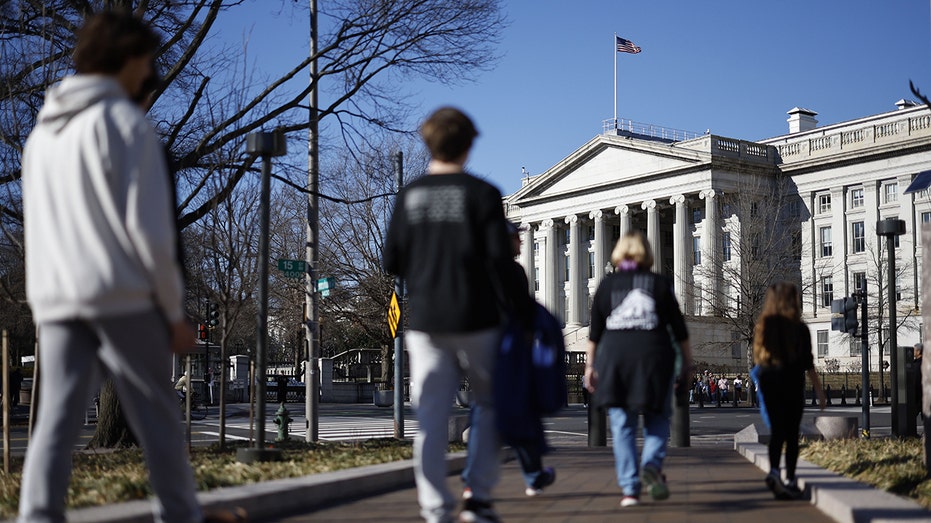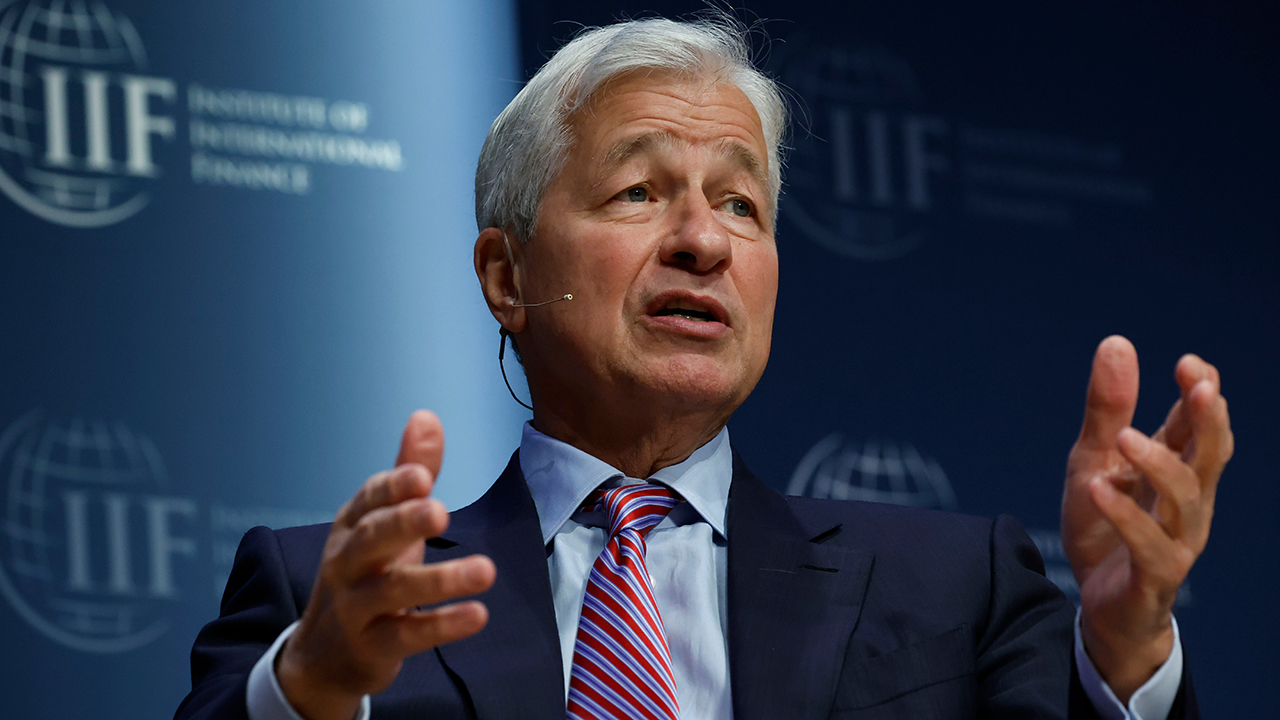Jamie Dimon is skeptical about the odds of a 'soft landing'
JPMorgan CEO Jamie Dimon cautions soft landing odds are shrinking
Jamie Dimon is 'skeptical' of an economic 'Goldilocks scenario'
JPMorgan Chase CEO Jamie Dimon on the Federal Reserve's rate trajectory, 2024 economy, looming bank regulations and artificial intelligence.
JPMorgan Chase CEO Jamie Dimon on Thursday cautioned that markets are too optimistic about the odds of a soft landing as the U.S. economy continues to battle still-high inflation and interest rates.
"The odds of a soft landing, the market kind of prices in 70%. I think it's half of that," Dimon said during an interview with The Wall Street Journal. "It looks a little bit more like the '70s to me, and I point out to a lot of people, things looked pretty rosy in 1972 – they were not rosy in 1973."
At that time, unemployment and inflation were both high but economic growth was weak, a phenomenon now known as "stagflation." Dimon has reiterated concerns that the economy risks headed toward a repeat of 1970s-style stagflation, a warning that has grown louder in recent months amid signs that progress on inflation has flatlined.
"Don't get lulled into a false sense of security that because today looks okay, tomorrow is going to be okay," he said.
US ECONOMY ADDS 303K JOBS IN MARCH, MUCH STRONGER THAN EXPECTED

JPMorgan Chase CEO Jamie Dimon attends a hearing on oversight of Wall Street firms before the Senate Committee on Banking, Housing and Urban Affairs in Washington, D.C., on Dec. 6, 2023. (Aaron Schwartz/Xinhua via / Getty Images)
WHY ARE GROCERIES STILL SO EXPENSIVE?
Dimon's comments come as Federal Reserve policymakers weigh when to start cutting interest rates amid concerns that progress on inflation has stalled. While inflation has fallen considerably from a peak of 9.1%, progress has largely slowed since the summer.
Investors have steadily dialed back their expectations as central bank officials signal they are in no rush to cut, and that incoming economic data will guide their decision.
Hiking interest rates creates higher rates on consumer and business loans, which then slows the economy by forcing employers to cut back on spending. Higher rates have helped push the average rate on a 30-year mortgage above 8% for the first time in decades. Borrowing costs for everything from home equity lines of credit, auto loans and credit cards have also spiked.

Pedestrians near the U.S. Treasury building in Washington, D.C., on Dec. 30, 2022. (Ting Shen/Bloomberg via / Getty Images)
Yet the rapid rise in rates has not stopped consumers from spending or businesses from hiring, buoying hopes on Wall Street that the U.S. economy can avert a recession.
Dimon, however, warned that the government is helping to keep the economy afloat with large amounts of spending.
| Ticker | Security | Last | Change | Change % |
|---|---|---|---|---|
| JPM | JPMORGAN CHASE & CO. | 322.35 | +12.34 | +3.98% |
| I:DJI | DOW JONES AVERAGES | 50115.67 | +1,206.95 | +2.47% |
| I:COMP | NASDAQ COMPOSITE INDEX | 23031.213218 | +490.63 | +2.18% |
| SP500 | S&P 500 | 6932.3 | +133.90 | +1.97% |
CLICK HERE TO READ MORE ON FOX BUSINESS
"The deficit is 6% of GDP, almost $2 trillion," the chief executive of America's largest bank said. "That's driving a lot of this growth and that will have other consequences, possibly down the road, called inflation, which may not go away like people expect."
His comments are the latest in a string of warnings about the outlook for the economy. In his annual letter to shareholders, Dimon said excessive government spending may continue to fuel both high inflation and interest rates.
"It is important to note that the economy is being fueled by large amounts of government deficit spending and past stimulus," he wrote at the time. "There is also a growing need for increased spending as we continue transitioning to a greener economy, restructuring global supply chains, boosting military expenditure and battling rising health care costs."
"This may lead to stickier inflation and higher rates than markets expect," he added.





















